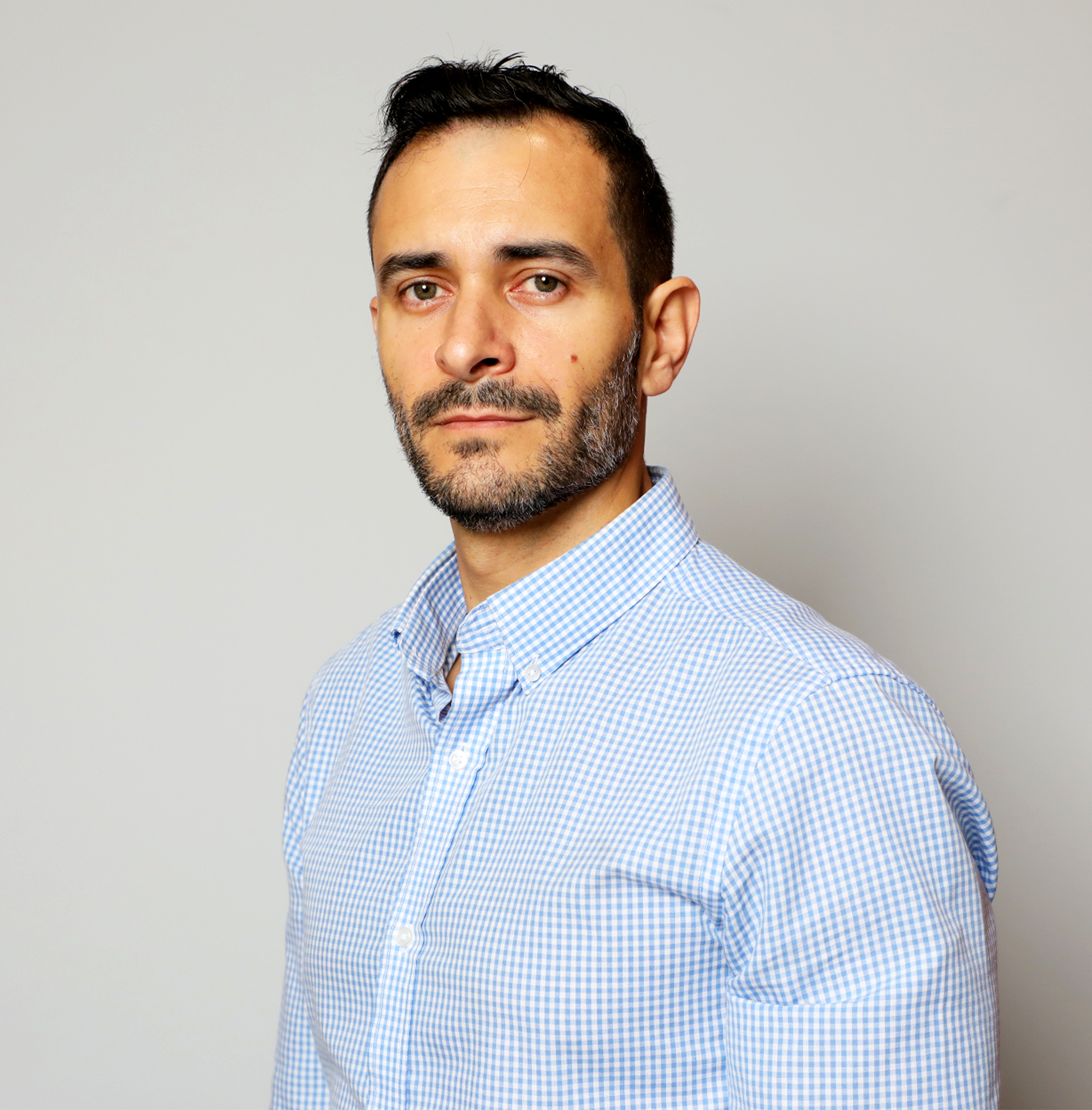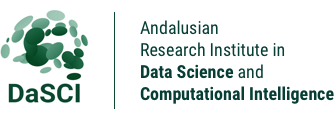Jesús Alcalá Fernández

SCOPUS Highly Cited Research en el año 2020
Jesús Alcalá was born in Lucena (Córdoba) in 1979. He obtained the degree of Engineer and PhD in Computer Science from the University of Granada in 2002 and 2006 respectively. From 2005 to 2007, he was an Assistant Professor with the Department of Computer Science at the University of Jaén, and since 2007 he is professor with the Department of Computer Science and Artificial Intelligence at the University of Granada (being Associate Professor since 2012), where he is a member of the research group “Soft Computing and Intelligent Information Systems” (SCI2S, TIC-186), the Andalusian Interuniversity Institute in Data Science and Computational Intelligence (DaSCI), and the research center in Information and Communication Technologies (CITIC-UGR).
He has received several awards during his research activity, such as the Excellence Award of the University of Granada or the award for the Best Research Works of the Spanish Association for AI. His research interests focus on evolutionary machine learning, data mining, association discovery, bioinformatics, fuzzy logic, explainability of artificial intelligence, and the development of open source software tools. His research activity is supported by a high number of publications in the best journals of the research areas in which he works and by the number of citations they have obtained. He currently has an h-index of 22 and more than 3500 citations according to the Web of Science and an h-index of 27 and more than 6400 citations according to Google Scholar, which shows that these publications have produced a certain impact in the research community.
He is or has been a member of the editorial board of international journals such as IEEE Transactions on Fuzzy Systems, Mathematics, Advances in Fuzzy Systems, and is a member of the “referees” committee of as many ISI journals such as Fuzzy Sets and Systems, IEEE Transactions on Fuzzy Systems, Information Sciences, among others. In addition, Jesús was Chair from 2011 to 2017 and is Vice-Chair from 2017 to present of the IEEE Computational Intelligence Society Task Force on Fuzzy Systems Software of the Fuzzy Systems Technical Committee.
In 2020, he has been included in the list of researchers “World Scientist: World’s Top 2% Scientists” published in the prestigious journal Plos Biology, in which the global elite in the world of scientific research is included.





